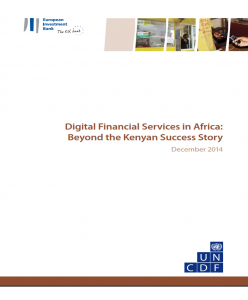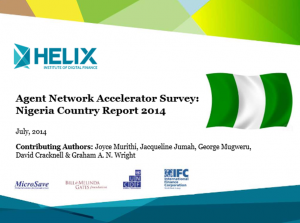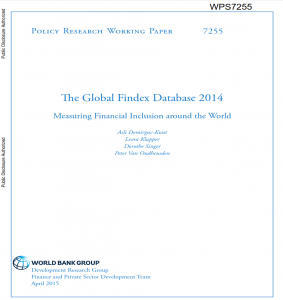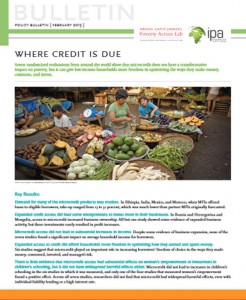 I am not sure if all of you remember my blogpost “Is ProCredit exiting Africa” in September 2014. Up to today this was my most-read blog which also stirred up many of my former colleagues and bosses at ProCredit Holding in Frankfurt. Well, at least one needed to ask the question which was an obvious one after having sold Angola, Sierra Leone, Ghana, and Mozambique. The only African ProCredit bank left at that point was the one in the Democratic Republic of C which I had been working for from 2008 to 2011. In December 2014, the topic became interesting once gain and I wrote “Twenty Little ProCredits…..” talking about the first Latinamerican ProCredit Banks which had been sold to their Latinamerican competitors. Well, I guess now my horror became reality:
I am not sure if all of you remember my blogpost “Is ProCredit exiting Africa” in September 2014. Up to today this was my most-read blog which also stirred up many of my former colleagues and bosses at ProCredit Holding in Frankfurt. Well, at least one needed to ask the question which was an obvious one after having sold Angola, Sierra Leone, Ghana, and Mozambique. The only African ProCredit bank left at that point was the one in the Democratic Republic of C which I had been working for from 2008 to 2011. In December 2014, the topic became interesting once gain and I wrote “Twenty Little ProCredits…..” talking about the first Latinamerican ProCredit Banks which had been sold to their Latinamerican competitors. Well, I guess now my horror became reality:
ProCredit sold its last African bank. Continue reading










